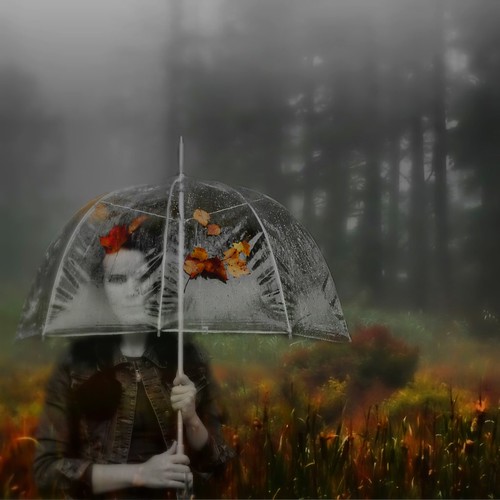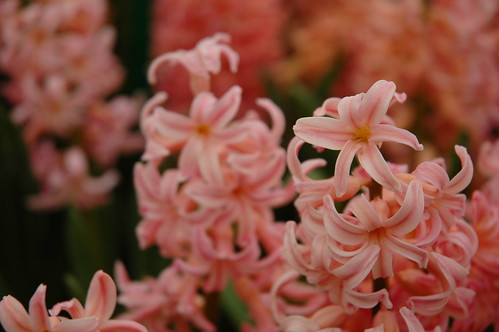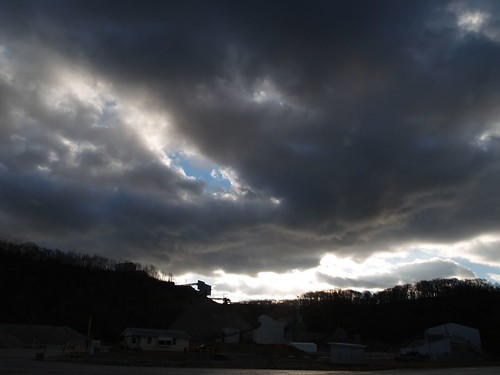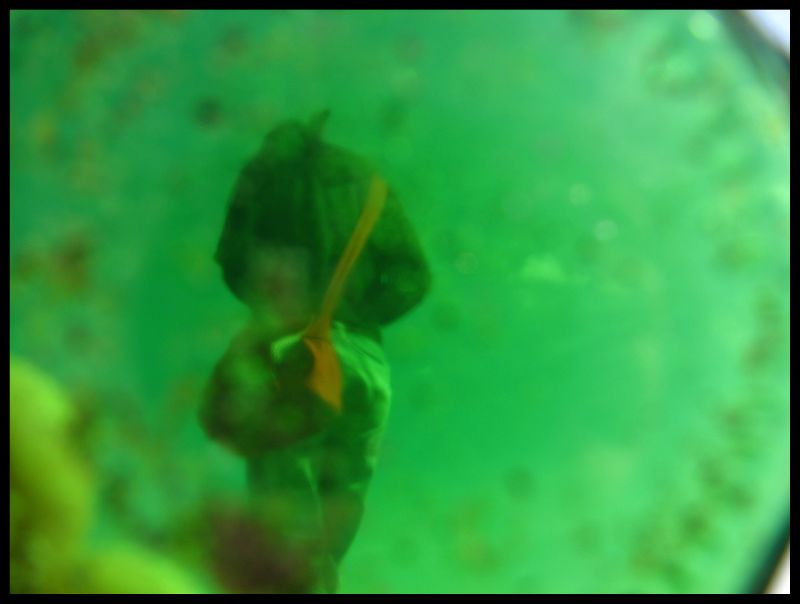So, she has been working on her syllabus for the Creative Writing class that she'll be teaching in a few weeks. A stack of books is teetering on her table, sticky-noted at this story or that poem her students will read and discuss on days they aren't discussing their own creations.
Meanwhile, she has also been reading outside of these books, and maybe it's just her luck, but she keeps landing on rather depressing articles. For example, Nicholas Carr's article,
"Is Google Making Us Stupid?" in which he discusses the way internet reading is affecting our brain patterns and, thus, ability to read deeply. It's the true, sordid tale of how once-avid readers are losing their reading skills, much like a piano player who, after a twenty-year break, returns to the bench to find that her fingers have lost their songs.
Then, there's a more recent article out in
The Chronicle of Higher Education, entitled
"We Can't Teach Students to Love Reading"; here, Alan Jacobs compares reading habits from the advent of the printing press to the shift in post WWII students to present-day reading. Some of his essay is a response to Carr's book that was inspired by the above-mentioned article. Jacobs concludes that, and she thinks rightly, that it is a much different task to teach students who have never experienced deep-reading how to do that by college but that it is more possible to reinvigorate those who have, at some time in their lives, experienced deep-reading and the benefits and joys.
A more, perhaps, uplifting article in
The New York Times came out last week entitled
"Your Brain on Fiction", which summarizes recent studies that show how the brain is triggered by reading fiction in similar ways as to when it's having sensory experiences outside of reading. Of course, it's a bit disheartening that anyone should have to go to such lengths to prove that reading is beneficial, but that the studies existed and an article was written to relay this information is one of those "sign of our times". She supposes. Because while it's nice that people are taking the time to research such things, the conclusions are akin to what Ian Frazier lampoons in his essay,
"Researchers Say".
But, see here, it seems to her that it might be awfully depressing to be a [starting] writer right now, especially since all these reports keep being released about how people aren't reading anymore, or how, for example, there's evidently something wrong with Oprah for
elevating the reading taste of her followers because readers with higher literary tastes don't buy market romance. (Oh, Culture Industry. Oh, oh, oh.)
So, this is what she would like:
One sentence, but no more than ten sentences, in which you explain
1) why you read fiction or poetry (or both), OR
2) what you look for when you go hunting for a new book, OR
3) who your favorite writer is and what it is about his or her writing, you think, that draws you back, OR
4) why you no longer read fiction or poetry
Just post your mini-essay at the bottom of this blog. Feel free to stay anonymous, although it would be nice if you could state both your general location and age (Ohio, U.S., 41-years old).
Her idea is to then print out the answers for her students and discuss them since, after all, you, reader, are one of their potential audience members in years to come.
For one, she hopes that the responses will encourage her students to know that readers
do, in fact, still exist. And, two, she hopes that the responses will show the variety of readers who read and for a variety of reasons.
Think of this as a sort of Roll-Call for Readers, a sort of rallying anthem for the troop of writers she will meet in a few weeks and then teach for the next few months. Writers who, no doubt, have been told already that no one reads anymore and that there is no life in writing about people who don't exist for people who don't exist.
Do you exist, reader?
(Click on the title of this post to access the comment form.)














